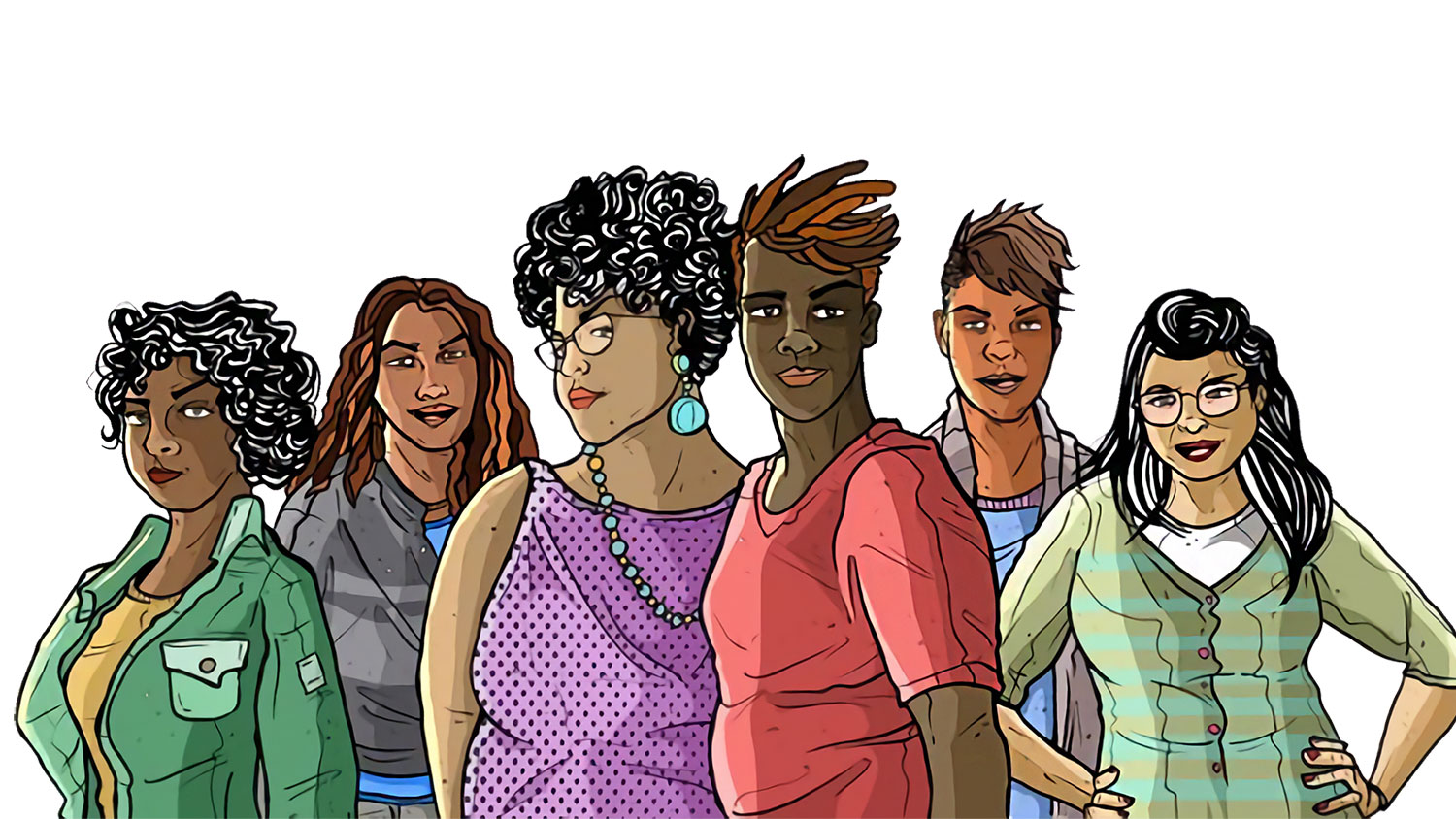
For many marginalized groups, safety in any space is a primary concern. Think of the “parking lot” test.
If you are a White male, walking alone to your car late at night might or might not cause a momentary thought about your personal safety. If you are a person of color, you might have more than a passing thought about your safety, and even take precautions. If you are a woman, you have probably gone as far as forming an escape or self-defense plan for this very circumstance, maybe even holding your keys in your hand as you walk, with the points ready to strike a possible attacker.
Now imagine yourself as a person of color, perhaps also identifying as a woman, who is also a member of the GLBT community. The “parking lot” is every space due to the prejudice and discrimination you face. Statistics show that intersectional populations experience harm at among the highest rates across the U.S.
The GLBT Center’s workshop, “Creating Accomplices: Supporting Queer and Transgender Student of Color” educates participants about the challenges intersectional communities face, and how we can work to overcome them.
Introductory topics covered include white supremacy in the GLBT community and the role of colonization in historically perpetuating the harm and oppression of GLBT communities in different cultures.
Multiple Dimensions of Identity
As noted by workshop facilitator Andy DeRoin, certain identities may have different impacts at different times; no one person exists within a singular identity. All identities carry different instances of power, privilege and oppression, but we are often not socialized to recognize them.
In particular, queer and trans people of color may experience several different impacts due to language, racism, homophobia and overlapping discrimination and harassment. Forms of oppression may be individual, internalized and systemic.
The workshop explores legislation and policy — locally, nationally and abroad — that leave groups disadvantaged and vulnerable.
From Actor to Ally to Accomplice
As students, staff, faculty and members of the general public, we can take specific steps to help disrupt harm to our queer and trans people of color (QTPOC) communities. One such step is to move from being an actor to an ally, and once an ally, to become an accomplice.
An actor does not disrupt the status quo, and therefore does nothing to change systems of oppression. An ally recognizes privilege and works to disrupt oppression. An accomplice “directly challenges institutionalized racism; is informed by, directed by, and coordinates with leaders from marginalized communities; and actively listens with respect.”
The workshop dives into strategies for being inclusive, including examining privilege and how it relates to and impacts others, addressing comments that are racist, heterosexist, homophobic or biased in terms of gender identity or expression; not viewing GLBTQ identities as one monolith; creating space for dialogue across and at intersections; and numerous others.
The workshop concludes with a comprehensive listing of support organizations for many different QTPOC groups.
For anyone in the NC State community, and particularly those who work with students, this workshop provides critical and constructive information for how you can most effectively help some of the most vulnerable and at-risk populations within our community.
Elizabeth Snively writes for the Office for Institutional Equity and Diversity.